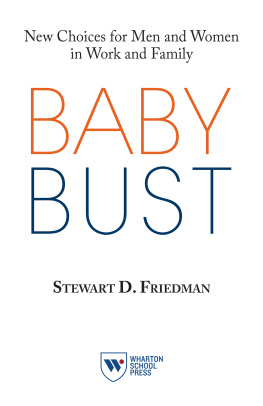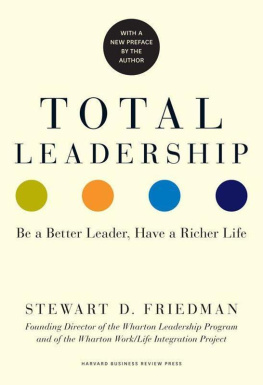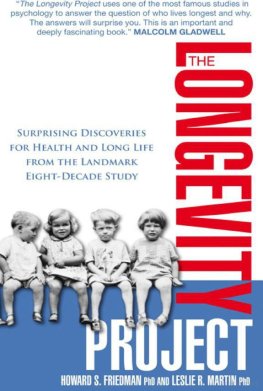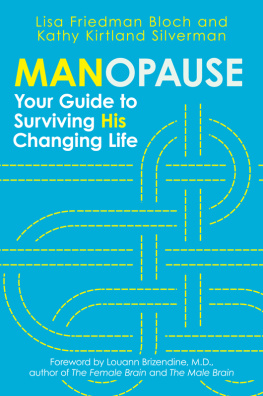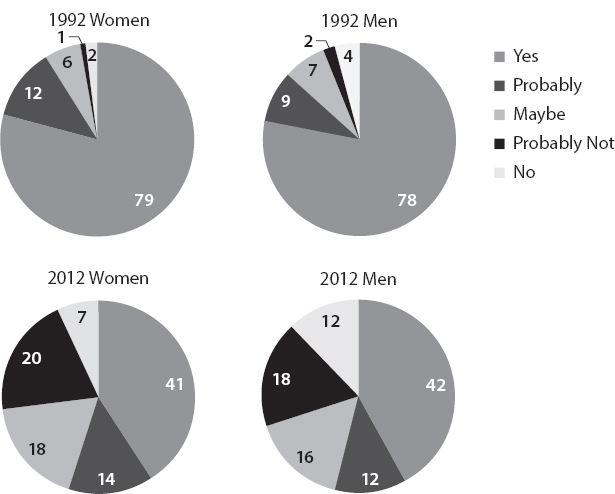Stewart D. Friedman - Baby Bust: New Choices for Men and Women in Work and Family
Here you can read online Stewart D. Friedman - Baby Bust: New Choices for Men and Women in Work and Family full text of the book (entire story) in english for free. Download pdf and epub, get meaning, cover and reviews about this ebook. year: 2013, publisher: Wharton Digital Press, genre: Home and family. Description of the work, (preface) as well as reviews are available. Best literature library LitArk.com created for fans of good reading and offers a wide selection of genres:
Romance novel
Science fiction
Adventure
Detective
Science
History
Home and family
Prose
Art
Politics
Computer
Non-fiction
Religion
Business
Children
Humor
Choose a favorite category and find really read worthwhile books. Enjoy immersion in the world of imagination, feel the emotions of the characters or learn something new for yourself, make an fascinating discovery.
- Book:Baby Bust: New Choices for Men and Women in Work and Family
- Author:
- Publisher:Wharton Digital Press
- Genre:
- Year:2013
- Rating:4 / 5
- Favourites:Add to favourites
- Your mark:
Baby Bust: New Choices for Men and Women in Work and Family: summary, description and annotation
We offer to read an annotation, description, summary or preface (depends on what the author of the book "Baby Bust: New Choices for Men and Women in Work and Family" wrote himself). If you haven't found the necessary information about the book — write in the comments, we will try to find it.
Lean in. Opt out. Have it all. None of the above.
A new book based on a groundbreaking cross-generational study reveals both greater freedom and new constraints for men and women in their work and family lives.
Stew Friedman, founding director of The Wharton Schools Work/Life Integration Project, studied two generations of Wharton college students as they graduated: Gen Xers in 1992 and Millennials in 2012. The cross-generational study produced a stark discovery the rate of graduates who plan to have children has dropped by nearly half over the past 20 years. At the same time, men and women are now more aligned in their attitudes about dual-career relationships, and they are opting out of parenthood in equal proportions. But their reasons for doing so are quite different.
In his new book, Baby Bust: New Choices for Men and Women in Work and Family, Friedman draws on this unique research to explain why so many young people are not planning to become parents. He reveals good news, that there is a greater freedom of choice now, and bad, that new constraints are limiting peoples options. In light of these present realities, he offers ideas for what we can do as a society, in our organizations, and for ourselves to make it easier for men and women to choose the lives they want.
In this book, Friedman addresses:
+ How views about work and family have changed in the past 20 years
+ Why men and women have different reasons for opting out of parenthood
+ How family has been redefined
+ Why we are all now part of a revolution in work and family
+ What choices we face in our social and educational policy
+ How organizations and individuals especially men can spur cultural change
In the debates on work and family, people of all generations are calling for a reasoned, thoughtful, research-driven contribution to the discussion. In Baby Bust, Friedman offers just that: an astute assessment of how far we have come and where we need to go from here.
Stewart D. Friedman: author's other books
Who wrote Baby Bust: New Choices for Men and Women in Work and Family? Find out the surname, the name of the author of the book and a list of all author's works by series.

